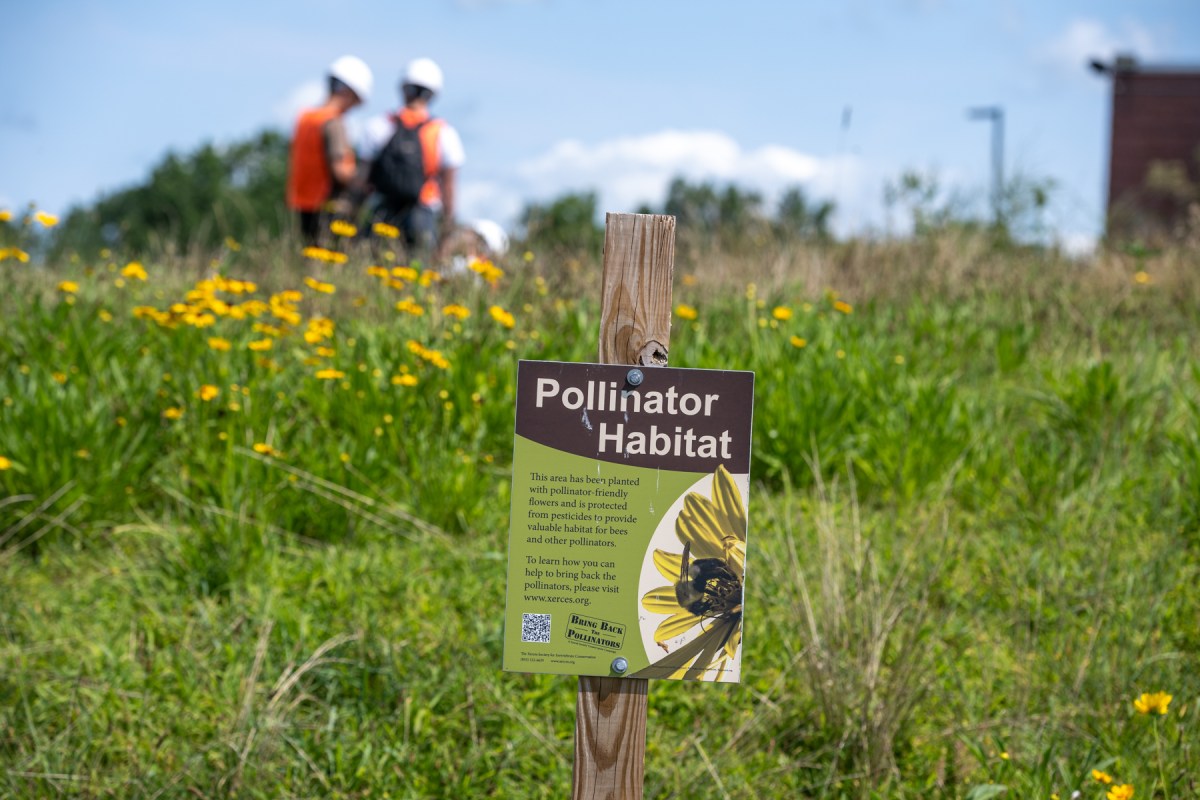Germs not so bad — sometimes
Study subjects:
Location of study: U.S.
Results: While good sanitation is the first line of defense against viruses and harmful bacteria, Brigham and Women’s Hospital in Boston has issued a report stating that normal bacteria help strengthen the body’s immune system.
Significance: Exposure to microbes kickstarts the immune system’s proper functioning. But don’t put away the Lysol just yet — we need lots more research to figure out exactly how germs do a body good.
What causes baldness?
Study subjects: 22 men with male-pattern baldness; laboratory mice
Location of study: U.S.
Results: Researchers at the University of Pennsylvania found higher levels of the protein prostaglandin D synthase in the cells of hair follicles located in bald patches on the scalp. Mice bred to have high levels of the protein went bald, and human hairs grew shorter when given the protein.
Significance: This could lead to more insight into and treatments for hair loss.
Air pollution and child development
Study subjects: 253 nonsmoking New York City mothers
Location of study: U.S.
Results: A report in the journal “Environmental Health Perspectives” says there is a link between urban pollution, particularly compounds called polycyclic aromatic hydrocarbons, and child development. Columbia University scientists found that the children of pregnant women exposed to higher levels of air pollution (who had the highest PAH levels in their blood) were more likely to have anxiety, depression and attention problems.
Significance: PAHs, which emanate from burning fossil fuels, car exhaust and cigarette smoke, are ubiquitous in urban environments. Cut your exposure to air pollution whenever possible.
Hypertension drug may deter diabetes
Study subjects: Mice
Location of study: U.S.
Results: A University of Alabama at Birmingham study published in “Diabetes” magazine states that the FDA-approved high blood pressure and angina drug Verapamil might reverse beta cell death, which would allow the body to create more insulin. Diabetics do not make enough insulin in their bodies.
Significance: According to the American Diabetes Association, 67 percent of the almost 26 million adult patients with diabetes also have hypertension.
















